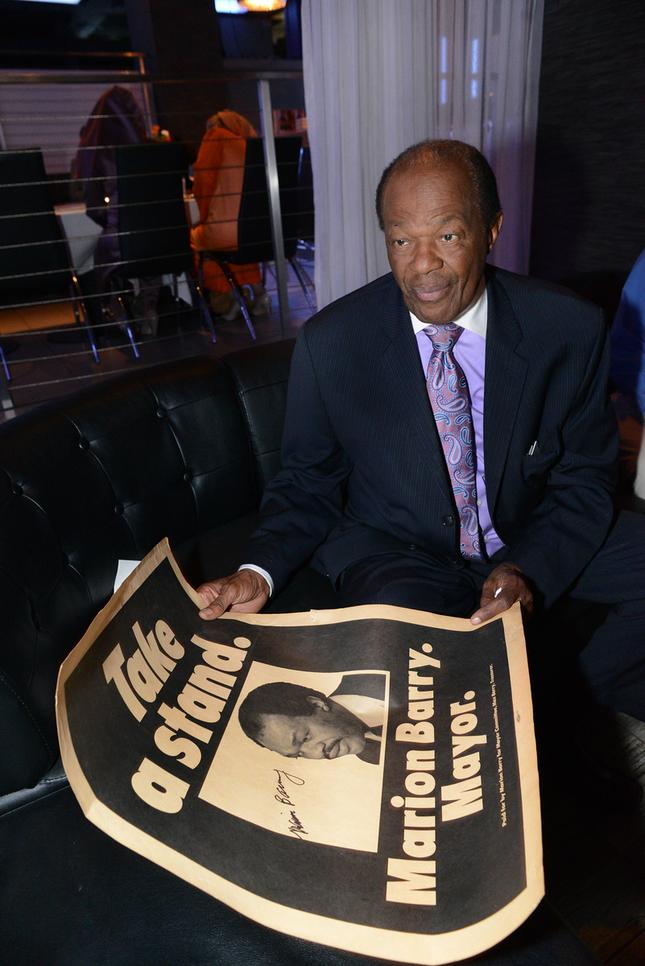The One and Only Marion Barry
By • December 4, 2014 0 2019

He never really left the stage. Now he’s gone. For nearly 50 years, Marion Barry was a force to be reckoned with. There were those who idolized him and saw him as their only champion. Others detested him and viewed him as an odious, destructive presence.
One thing that cannot be taken away from Barry: he was a very successful politician. He was elected Mayor of the District of Columbia four times. The last time was truly amazing. He had been in prison for six months just a few years before but came back in 1994 and reclaimed the highest office. Even hobbled by poor health during his last days, he was still an elected official, representing Ward 8 on the District Council. He could have served there forever.
Barry, a self-proclaimed “situationist,” formulated himself to fit each and every situation. In 1974, when he was first elected to the D.C. Council, he was a dashiki-clad militant activist. He won citywide for the at-large position. Four years later, he needed to moderate his image. So, he became a pin-stripe politician who romanced the residents of Georgetown and Cleveland Park in their living rooms. He won them over and began his reign as mayor.
In 1982, Barry was supposed to face a formidable foe in former Cabinet secretary and former Ambassador Patricia Roberts Harris. The story is told that while Harris was testing the waters for her potential run, she ventured out to Anacostia. After giving a speech, she felt quite satisfied and thought she had connected with the crowd. She sat down. Seated next to her was Barry. He leaned over and whispered into her ear, “I’m going to kick your ass.” That’s exactly what he did. He cleaned her clock, winning seven of eight wards. I dare you to name his 1986 opponent.
To those who did not want D.C. to have more home rule, Congressional representation and ultimately statehood, Barry was the perfect and ideal justification for saying, “No.” His personal life, the bloated government payroll and corruption by close aides and friends all added up to hold D.C. back. We, the citizens of D.C., suffered — even today.
As a person, Barry was not vindictive or mean-spirited. He once told me that there was only one person in this city he would not speak to. Barry played the race card when needed. But more than anything he was a big-city mayor of the Richard J. Daley, Boss Tweed, Boss Crump and James Michael Curley vintage. That’s the way I believe he wanted to be remembered.
Regularly contributing to The Georgetowner and The Downtowner, Mark Plotkin is a political analyst and contributor to the BBC on American politics and also a contributor to TheHill.com.

